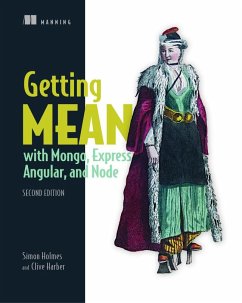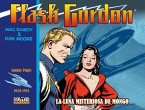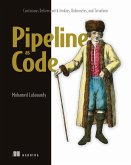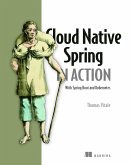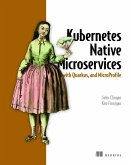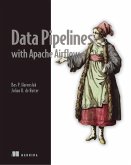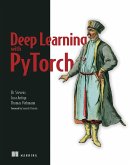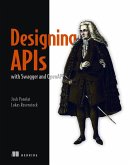Traditional web dev stacks use a different programming language in every layer, resulting in a complex mashup of code and frameworks. Developers and businesses love it because it's scalable and cost-effective. End users love it because the apps created with it are fast and responsive. It's a win-win-win! Getting MEAN, Second Edition is completely revised and updated to cover Angular 2, Node 6 and the latest mainstream release of JavaScript ES2015 (ES6). Key features • Completely revised • Hands-on examples • Step-by-step guide Readers should have some web development experience. This book is based on MongoDB 3, Express 4, Angular 2, and Node.js 6, making use of the ES2015 JavaScript syntax. The MEAN stack is a pure JavaScript stack comprised of four main technologies, with a cast of supporting technologies: MongoDB?the database, Express?the web framework, Angular?the front-end framework, and Node.js?the web server.

